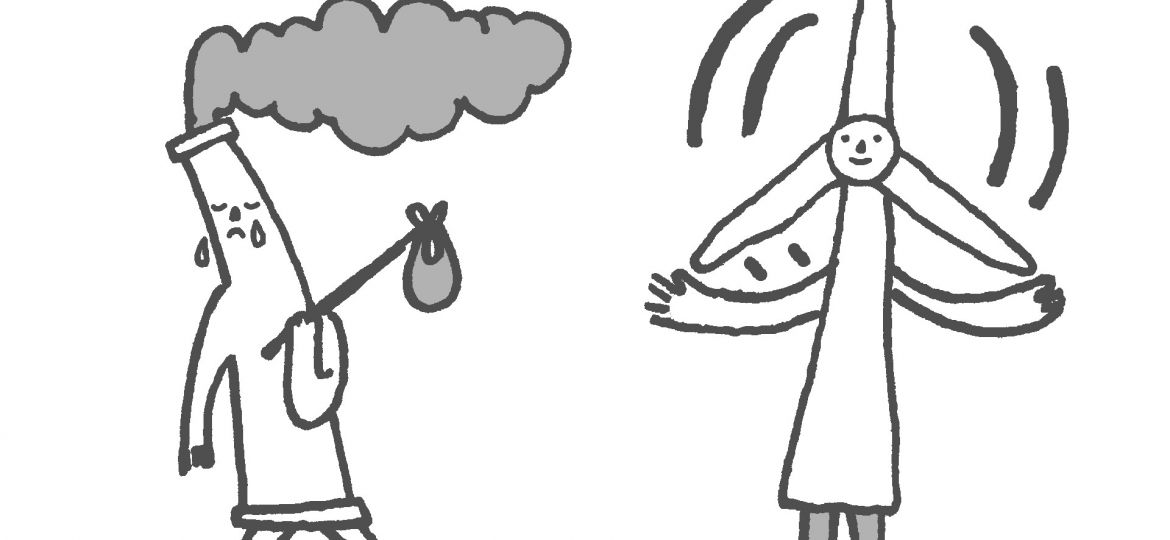
Climate change is here. Millions of people have already died and been displaced due to climate change. Countless species have gone extinct. Many individuals are looking for lifestyle changes they can make to alleviate the burden on our planet. Yet just 100 corporations are responsible for 71 percent of global carbon emissions.
While you diligently turn off the faucet when brushing your teeth, fracking companies are pumping up to 16 million gallons of water into a single well.
While you bike to your job instead of driving, tar sands companies pump toxic chemicals into the Earth and build pipelines through indigenous land that spill thousands of barrels of crude oil into the environment.
While individual actions to decrease emissions are important and necessary, we must confront the fossil fuel industry to have a chance at stopping climate change.
The focus placed on the individual’s responsibility for mitigating climate change is not an accident. Fossil fuel companies purposefully obscure the role that they play in the devastation of our planet to attempt to absolve themselves of their guilt.
We must stop supporting the corporations that are destroying our planet just so that a few individuals can make unimaginable amounts of money. We must move towards investing in renewable, ethical energy sources that support our communities and our futures.
It is up to us to hold the fossil fuel industry accountable. It is time for St. Olaf to divest from the fossil fuel industry.
Currently, roughly 6.3 percent of St. Olaf’s endowment is invested in fossil fuels. That is about 34 million dollars that our college puts towards furthering climate change and climate injustice.
At colleges across the country, including Macalester, Lewis & Clark and Middlebury, students have fought for divestment from fossil fuels and won. We must do the same.
It is true that the fossil fuel industry will not collapse when St. Olaf divests. However, that does not mean that the cause is unimportant or that our voices are inaudible. Rather, we must see how the actions we take as a college can play a key role in building a divestment movement that will bring us closer to a just, livable future
We can understand the power of divestment movements by looking to the movement across college campuses to end apartheid in the 1980s. Students pushed their colleges to divest from companies doing business and making profit off of injustice in South Africa. The divestment movement against apartheid was powerful for two reasons: corporations profiting off of segregation and injustice lost investors, and, perhaps more importantly, the movement propped up broad investment for companies supporting apartheid.
While St. Olaf joined in the divestment movement to end apartheid when the college divested in 1985, it took years of students and faculty calling for divestment for it to happen.
Today, 35 years later, we must once again join together to call for divestment with a voice so loud we cannot be ignored. Student groups have been calling for divestment from fossil fuels for years and it is time for all of us to raise our voices together to make change happen.
If the multitude of moral and scientific arguments for divestment from fossil fuels are not enough, fossil fuels are no longer a profitable investment. This spring the University of California school system divested over 1 billion dollars from the fossil fuel industry and invested the money in clean energy projects, citing the unprofitability of fossil fuels as one reason for divestment.
Ultimately, there is no good reason for St. Olaf to not divest from fossil fuels.
In the words of anti-apartheid activist, human rights leader and Nobel Peace Prize recipient Desmond Tutu, “People of conscience need to break their ties with corporations financing the injustice of climate change.”
And when St. Olaf divests from those corporations, we must also remember that climate injustice is inextricable from other forms of injustice. When St. Olaf divests from fossil fuels, we must also divest from entities supporting oppression and invest in entities that support opportunity and justice.
Without racial justice there is not climate justice.
Without international justice there is no climate justice.
And without climate justice there is no future.
If you are interested in joining us to make divestment happen, Climate Justice Collective meets from 7-8 pm on Wednesdays. Email Anna to get on the alias.
mulher2@stolaf.edu
Anna Mulhern ’22 is from Minneapolis, MN.
Her majors are biology and chemistry.

